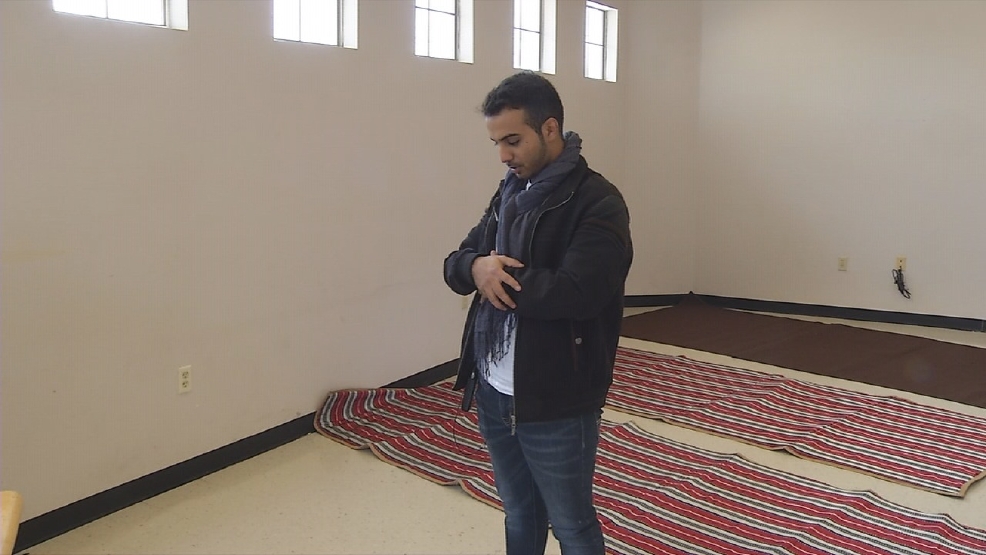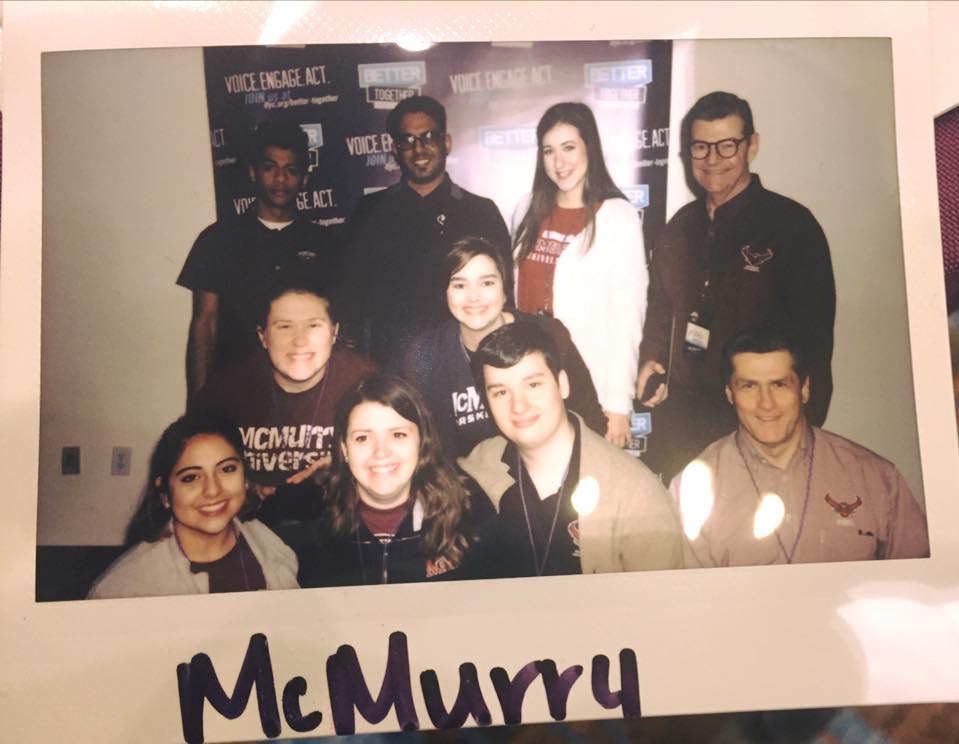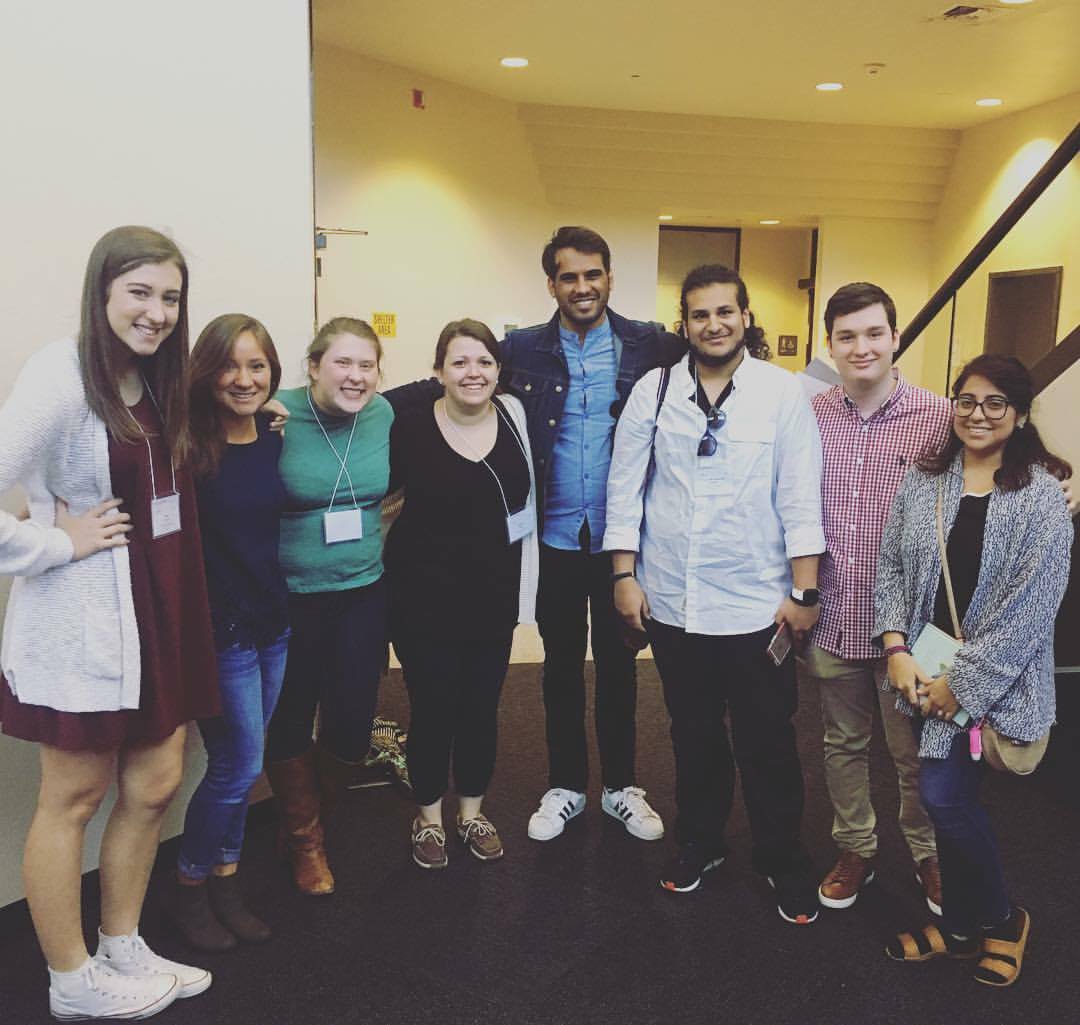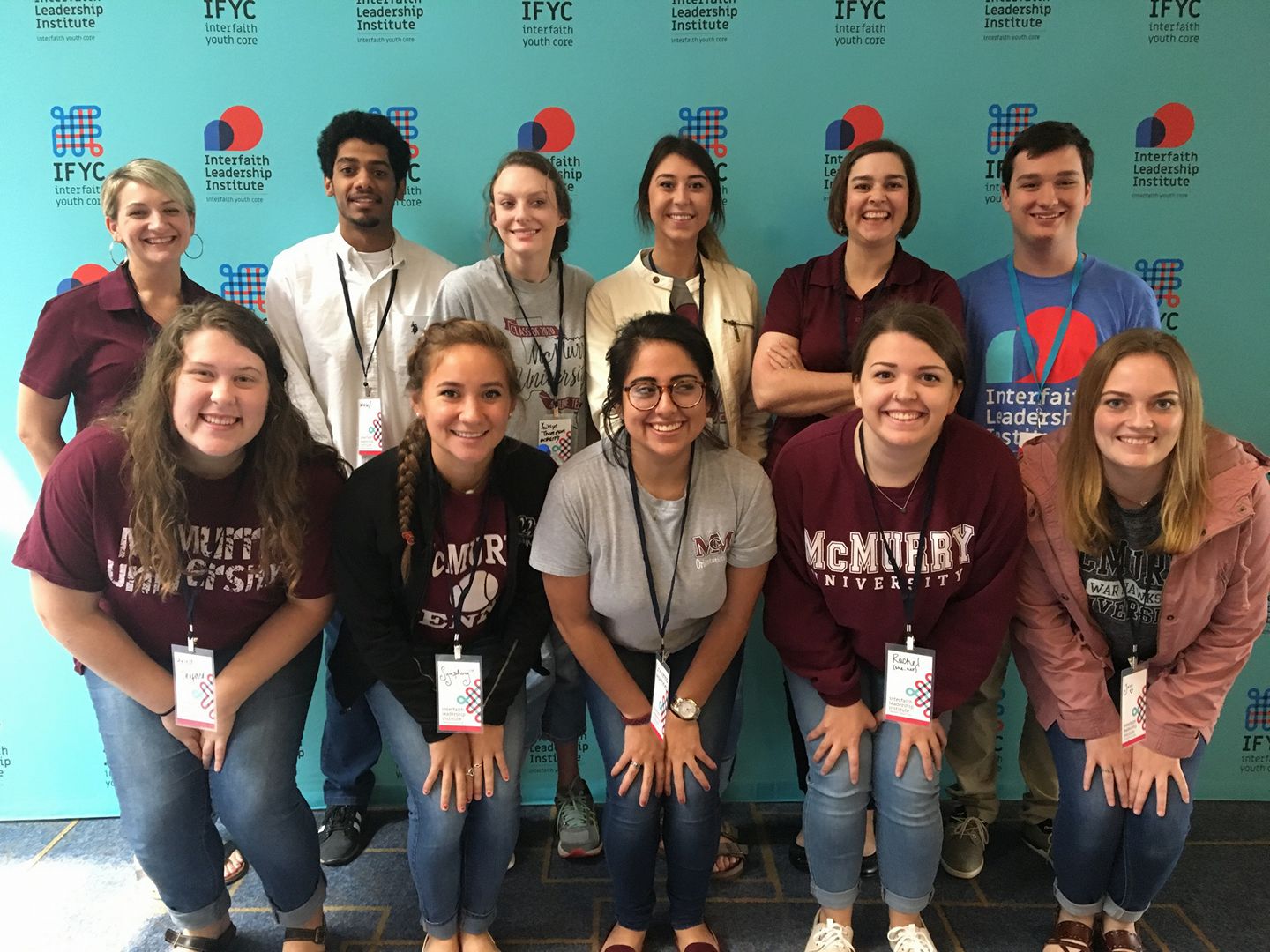Picturesque and charming – these are the words that come to mind when you envision McMurry University, a small liberal arts college in Abilene, Texas. Known for warm hospitality and an underlying culture of servant leadership, it might be surprising to some that not even two years ago, McMurry underwent a firestorm of negative press from across the country as a result of living into their values of hospitality. As the news story grew, individuals who had never heard of McMurry previously were sending letters of complaint and some alumni were threatening to withhold financial support.
Why?
 McMurry’s commitment to respond to student needs meant the university had initiated an interfaith program and developed a prayer room for their growing Muslim population. As McMurry had intentionally worked to recruit international students, they formed a positive relationship with the Saudi Arabian Cultural Mission and attracted dozens of students. These international students requested a place to pray and McMurry gave them a space. Then came the whirlwind of unexpected press. “At that time, some people believed we were sacrificing our Christian identity as a university, but I believe it is because of our Christian identity that we worked to include people. In the end, we came out stronger as a result of the negative media and politically charged comments,” Brett Banks shared.
McMurry’s commitment to respond to student needs meant the university had initiated an interfaith program and developed a prayer room for their growing Muslim population. As McMurry had intentionally worked to recruit international students, they formed a positive relationship with the Saudi Arabian Cultural Mission and attracted dozens of students. These international students requested a place to pray and McMurry gave them a space. Then came the whirlwind of unexpected press. “At that time, some people believed we were sacrificing our Christian identity as a university, but I believe it is because of our Christian identity that we worked to include people. In the end, we came out stronger as a result of the negative media and politically charged comments,” Brett Banks shared.
Banks is a senior at McMurry and he has watched the interfaith program develop with great delight. “My interest in this work started when I took Dr. Mark Waters’ ‘Dialogue with the Other’ class as a freshman. I attended the initial meetings about an interfaith program and learned that we needed to do this work for very practical purposes.” Banks continued his participation, attending the Interfaith Leadership Institute, becoming an Interfaith Youth Core (IFYC) coach, and serving on McMurry’s Better Together Alliance. His learnings have not only helped him develop as a student, but they have shaped his work as a hospice chaplain. “Since I work for a state funded hospice, we cannot convert people. We must accommodate other religions and IFYC training helped me engage people across faith lines in my work.”
Banks is not alone.
 Christina Martinez is a junior who has also excitedly watched the interfaith program develop and she hopes there is more on the horizon. Her interest in this work stems from her Political Science major, which she felt opened her eyes to the number of conflicts that were religiously motivated and the overall lack of interreligious understanding. Now, Martinez sees her work on campus as building bridges to encourage greater understanding. She, too, is part of the Better Together Alliance and serves as an IFYC coach, but even as a junior she already believes this is more than a way to be involved on campus. “This is not just an extracurricular activity; this is a way of interacting with the world,” Martinez said with confidence. For Martinez, the interfaith work at McMurry has shaped her world view and will indefinitely influence her capacity to live with a mindset of religious cooperation.
Christina Martinez is a junior who has also excitedly watched the interfaith program develop and she hopes there is more on the horizon. Her interest in this work stems from her Political Science major, which she felt opened her eyes to the number of conflicts that were religiously motivated and the overall lack of interreligious understanding. Now, Martinez sees her work on campus as building bridges to encourage greater understanding. She, too, is part of the Better Together Alliance and serves as an IFYC coach, but even as a junior she already believes this is more than a way to be involved on campus. “This is not just an extracurricular activity; this is a way of interacting with the world,” Martinez said with confidence. For Martinez, the interfaith work at McMurry has shaped her world view and will indefinitely influence her capacity to live with a mindset of religious cooperation.
McMurry has achieved a great deal in a short period of time when it comes to interfaith work, garnering much support from students as well as faculty and staff.
“This all started with a conversation,” Debra Hulse, VP of the Department of Institutional Advancement, shared. When Jacki Lammert, TMF’s Director of Grants Ministry, came to visit with first generation college students, she took the time to meet with some McMurry leaders who were discussing their hopes for interfaith programs on campus. “Just from that one conversation, Jacki believed we could have an impact on the community and we later received a grant from TMF to get started. Then, it took a life of its own.”
McMurry started with training opportunities through IFYC, created a prayer room, initiated the Better Together Alliance that works with the Abilene Interfaith Council, and hosted a major speaking event for Eboo Patel, the founder of IFYC. From there they created an interfaith minor and will participate in the Values, Interfaith, Engagement, and Worldview Surveyto determine how to measure their success in interfaith projects.
There is no sense of slowing down, either. “The TMF grant set us forward,” Dr. Mark Waters, Director of International Education, stated. “This grant gave us great support in the initial years of our work. Consequently, we recently received a substantial grant from the Arthur Vining Davis Foundation, which will help us develop an interfaith strategic plan and hopefully an implementation grant will follow.”
 McMurry is now poised to become a leader in interfaith education in Texas and at Methodist affiliated schools. The extensive groundwork they have completed in a few short years is a testament to their commitment to hospitality for all and their cultural value of servant leadership. Christina Martinez and Brett Banks, however, are living proof that what they are doing works.
McMurry is now poised to become a leader in interfaith education in Texas and at Methodist affiliated schools. The extensive groundwork they have completed in a few short years is a testament to their commitment to hospitality for all and their cultural value of servant leadership. Christina Martinez and Brett Banks, however, are living proof that what they are doing works.
“We are very thankful for all that TMF has done for McMurry; we wouldn’t be this far in interfaith work without TMF.” – Brett Banks

